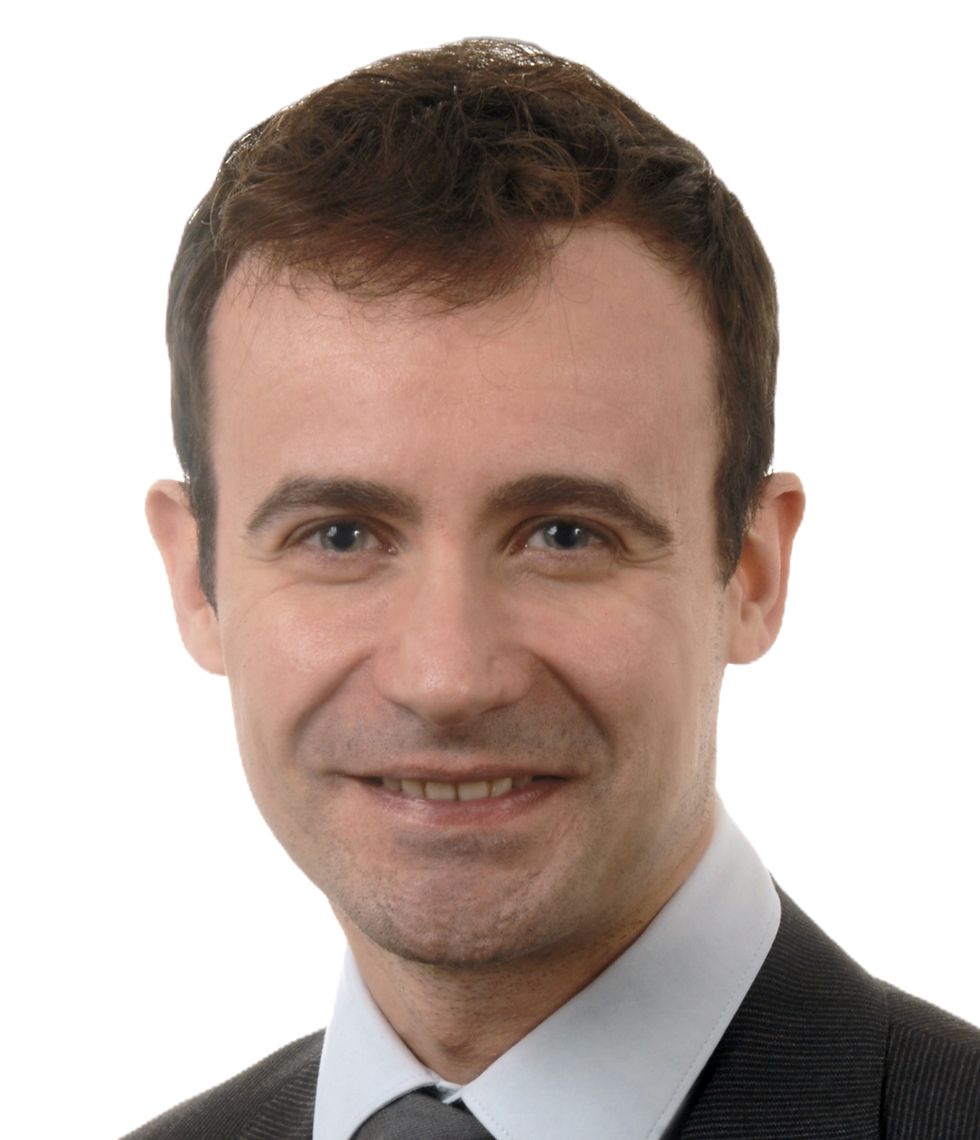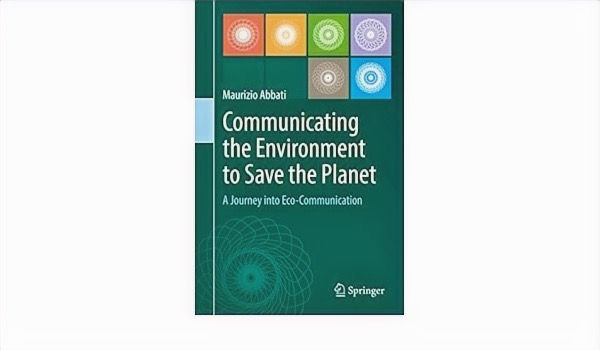Edo Ronchi, President of the Sustainable Development Foundation:
The climate crisis is an unavoidable challenge for everyone, companies and start-ups therefore can play a decisive role in the ecological transition.
BIOGRAPHY

Graduated in Sociology, Edo Ronchi, has been President of the Fondazione per lo Sviluppo Sostenibile (Sustainable Development Foundation) since 2008. Since 2011, the Foundation has been hosting the Stati Generali della Green Economy (General States of the Green Economy), a participatory hub which involves key stakeholders of the Italian Green Economy. Since 2012, he has been coordinating the Rapporto sulla Stato della Green Economy (State of the Green Economy Report), an annual technical report integrated with priority proposals for the ecological transition.
He is considered one of the greatest experts of environmental issues in Italy and founder of the national green political movement. He has written several books, among which: Le Sfide della Transizione Ecologica (The Challenges of Ecological Transition) – published by Piemme - Mondadori Libri S.p.A., Milano 2021; La Transizione alla Green Economy - Ed. Ambiente, Milano 2018, pages 215; Uno Sviluppo Capace di Futuro – Le Nuove Politiche Ambientali (A Future-Oriented Development - New Environmental Policies), published by Ed. Il Mulino, Bologna, 2000.
His main mission is to go beyond the boundaries of environmentalism by tackling the Green Economy and the involvement of companies committed towards sustainability.
In 2020, Edo Ronchi is awarded the Sustainability Award 2020 promoted by The Hans-Carl von Carlowitz Foundation, with the following justification: "for the authenticity and determination to actively support, throughout his life, environmental justice, the fight against climate change and the improvement of the quality of life of people in Italy and around the world".
From 2009 to 2013, he was a university professor and researcher, taking a course in "Environmental Design" in Landscape Architecture at La Sapienza University of Rome. From 2002 to 2006, he was a lecturer at the University of Bologna, Faculty of Geographic Sciences, within the course on "Environmental Legislation" and, from 2004 to 2006, at the course on "Environmental Risk”.
From 2001 to 2005, he carried out numerous research activities as president of the Istituto Sviluppo Sostenibile Italia – ISSI (Institute for Sustainable Development in Italy). From April 1996 to April 2000, he was appointed as the Ministro dell’Ambiente (Italian Minister of the Environment), carrying out several environmental reforms in key topics like: improving waste management; fostering natural protection; reinforcing the prevention of hydrogeological risk; protecting air quality and fighting against water pollution. In April 2000, he was acknowledged as Ministro delle Politiche Comunitarie (Minister of European Community Policies), appointed by the Prime Minister Giuliano Amato.
MONACŒCOART® had the pleasure to collecting the feedback of Edo Ronchi to track the geopolitical status of the ecological transition towards the achievement of the decarbonisation goals reaffirmed by the European Commission Presidency to comply with the 2030 Agenda, taking into account the key actors to be involved.
🔸KEY TOPICS = 🗣️ PRIORITIES TO ACHIEVE THE EU DECARBONISATION TARGETS >> 🗣️ PIVOTAL ACTORS AND SECTORS >> 🗣️ ROLE OF COMPANIES AND START-UPS TO REDUCE THEIR ECOLOGICAL FOOTPRINT
🎙INTERVIEW
MONACŒCOART®: According to your many years of experience, what are the socio-political priorities to follow in order to reach the decarbonisation goals reaffirmed by the European Commission Presidency to comply with the Agenda 2030 and the UN Climate Change Conference? What actions should be taken and what to avoid?
🗣️Edo Ronchi : In my opinion, it is essential to be aware that the climate crisis is an unavoidable challenge for everyone. If there is any doubt about this, it is crucial to deepen any scientific documented and convergent analyses, widely available. We are not talking about a political opinion, nor an assumption, we are referring to an ongoing verified crisis which is causing serious environmental, social, and economic impacts, that can soon worsen and become catastrophic. Human beings are neither prepared nor predisposed to perceive an unprecedented climate crisis like this: even when we are struck by extreme weather events which have become ordinary in the current crisis, we tend to talk about bad weather and exceptional events. Underestimating climate crisis extent and impact is maybe used for political and electoral purposes, to disengage, to postpone interventions, or even to deny the need and urgency to take action.
Reaching a broad, although not unanimous, consensus, involving citizens, companies, and political forces, is a decarbonisation priority to tackle the climate crisis as an inescapable matter. Once this consensus is reached, there is no reason to postpone decarbonisation and we can concentrate on technically and economically feasible actions. Notably: accelerating the development of cost-effective and easy-to-build renewable energy plants; adopting measures to save energy as for consumption, production, transport, and related services; discouraging the use of fossil fuels like petrol and diesel or the purchase and use of cars and other fossil-fuelled means of transport.

MONACŒCOART®: Which actors and sectors are essential to enable a conscious and feasible ecological transition, within its implementation?
🗣️ Edo Ronchi : The ecological transition to tackle the climate crisis is a far-reaching epoch change. It is a very challenging and intricate process with an uncertain outcome. At global scale, it is more difficult to make estimates because of the complexity of different types of variables. Ongoing wars are hindering the effectiveness of international agreements and the coordination of multilateral measures towards the ecological transition, since they absorb resources needed to finance it. China seems to be in line with the transition path, but it still moves too slowly, with many obstacles. With the election of President Trump, the United States are expected to slow down their own transition, influencing the global trend. India is looking for foreign investments to support its transition, but they are not sufficient and they come too slowly..
Speaking about the European Union and Italy, we could do more for the ecological transition by enhancing the legacy of measures already undertaken while strengthening the choices already practiced. We would therefore need a new great boost to the ecological, technological, industrial and energy innovation, backed by a major plan reinforced by substantial public and private investments.

MONACŒCOART®: Playing their part in the ecological transition is a great challenge for companies and start-ups, while committing themselves to reduce their ecological footprint. How ESG (Environmental, Social and Governance) and CSR (Corporate Social Responsibility) criteria and sustainability reporting (GRI & ISO standards) will evolve in the coming years?
🗣️ Edo Ronchi : Companies and start-ups play a decisive role in the ecological transition not only to withstand the challenges of decarbonisation and circularity, but to transform them into opportunities to foster development and a greater competitiveness on the markets. Corporate sustainability strategies are becoming more challenging, involving the business model and the entire supply chain (upstream and downstream). Moreover, they are increasingly addressed to small and medium-sized companies operating in all sectors. These strategies require new skills, constant updating, free access to research, direct connection with universities and research centres. As for communication and reporting, there is still too much greenwashing despite being effectively opposed, also through a new European directive, believing that it is counterproductive.
The ecological transition must also be measured at company level. It requires adequate and up-to-date indicators, good knowledge for their proper use and a credible third-party warranty, whether public or private, for corporate use and external communication. ***
MonacoEcoArt keeps its journalism open to all although its information is the result of pure professionalism and knowledge. Supporting our Media allows us to keep our independence while offering quality contents based on traceable sources. Thank you for your collaboration.

By Maurice Abbati
Journalist; Editor; Communication, Media and Public Relations Specialist
Lecturer and Author in English language of Technical Articles and the Manual: "Communicating the Environment to Save the Planet, a Journey into Eco-Communication" by Springer International Publishing.




Commentaires